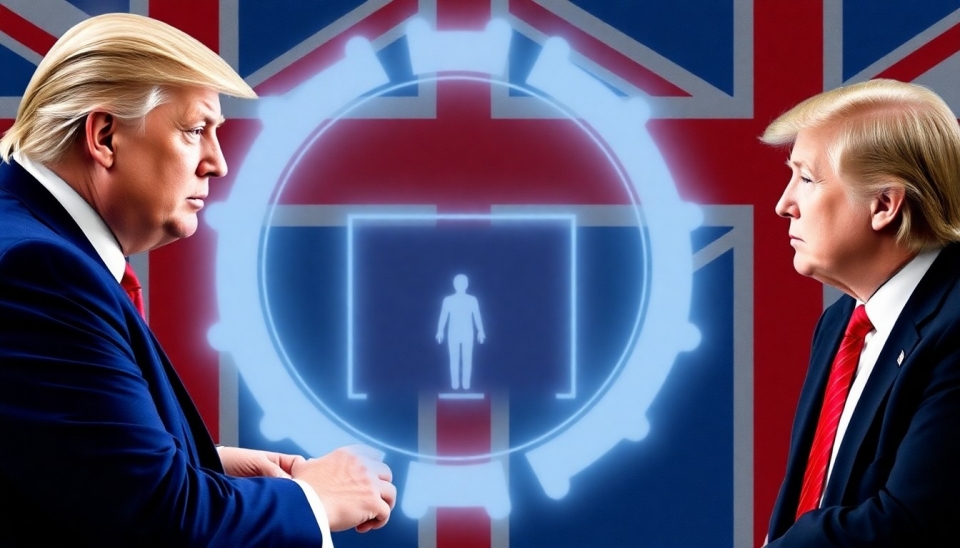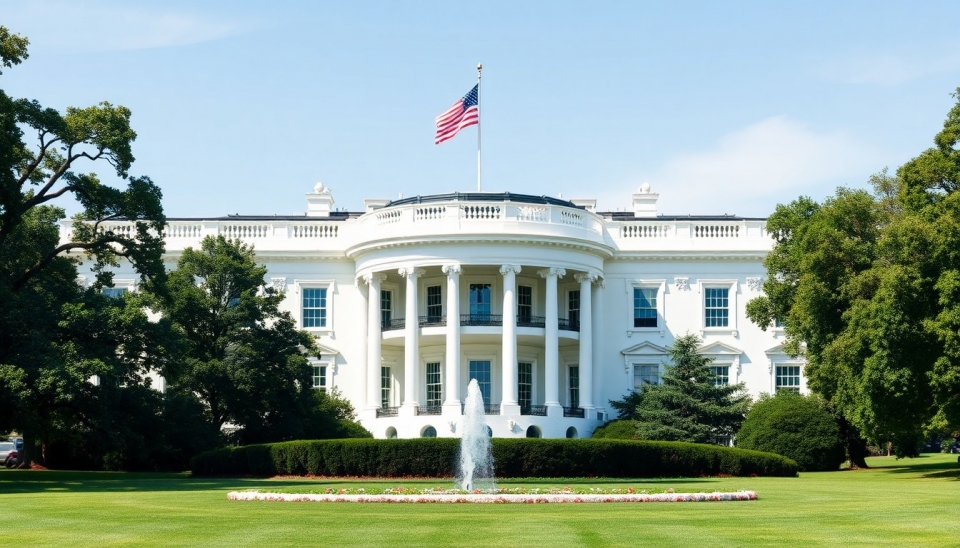
In a troubling development, the intersection of international trade policy and child safety online has come to the forefront of discussions, particularly concerning the approach taken by the UK government. Recent statements suggest that the United Kingdom may be considering using the safety of children online as a negotiating tool amidst trade discussions with the United States, which have been dominated by tariffs and economic strategies introduced during the Trump administration. This raises significant ethical questions and concerns about the prioritization of child safety in the digital landscape.
As the UK navigates its post-Brexit relationship with the U.S., there are heightened fears that the government might place the welfare of its young internet users on the negotiating table. This could manifest as a compromise or concession in exchange for favorable economic terms or reductions in trade barriers. Critics assert that such tactics undermine the inherent rights of children and contravene the country's commitment to safeguarding their online experiences.
The conversation has intensified particularly in light of the Online Safety Bill, which aims to impose stricter regulations on tech companies to ensure that young users do not encounter harmful content. However, the framing of these protections within a trade negotiation context could dilute their effectiveness and lead to weakened regulations. Advocates for child safety stress that the stakes are too high, as the digital space remains fraught with dangers, including exposure to inappropriate content, cyberbullying, and predatory behaviors.
Furthermore, using children's safety as leverage in tariff negotiations raises pressing moral dilemmas. While the economic implications of tariff policies can be substantial, the long-term societal impacts of failing to prioritize online safety for children could be far more devastating. Experts are urging policymakers to resist the temptation to conflate economic prosperity with the well-being of the youngest and most vulnerable populations of society.
In light of these developments, it is crucial for parents, educators, and advocates alike to remain vigilant. The emphasis on creating a safe online environment must prevail over any potential economic gains that could arise from bargaining with children's safety. The digital world is increasingly integrated into the daily lives of children; thus, their protection from harm should always be a non-negotiable element of any policy framework.
This situation serves as a poignant reminder of the responsibilities held by governments worldwide to ensure that the rights and safety of children are preserved, rather than treated as a bargaining chip in the complex arena of international trade. The societal obligation to protect the next generation necessitates that discussions about tariffs and trade practices include strong commitments to uphold online safety as a fundamental priority.
As discussions progress, it's imperative for all stakeholders involved to engage in meaningful dialogues that affirm the essential need to safeguard children in the digital age, rather than allowing their safety to be jeopardized for economic interests.
Ultimately, policymakers must remember that children’s rights and safety should be considered non-negotiable, emerging at the forefront of discussions, rather than as potential points of compromise in trade negotiations.
#Trump #Tariffs #OnlineSafety #ChildProtection #UK #TradeNegotiations #DigitalRights #ChildSafety #EthicsInNegotiation #OnlineSafetyBill
Author: John Miller




